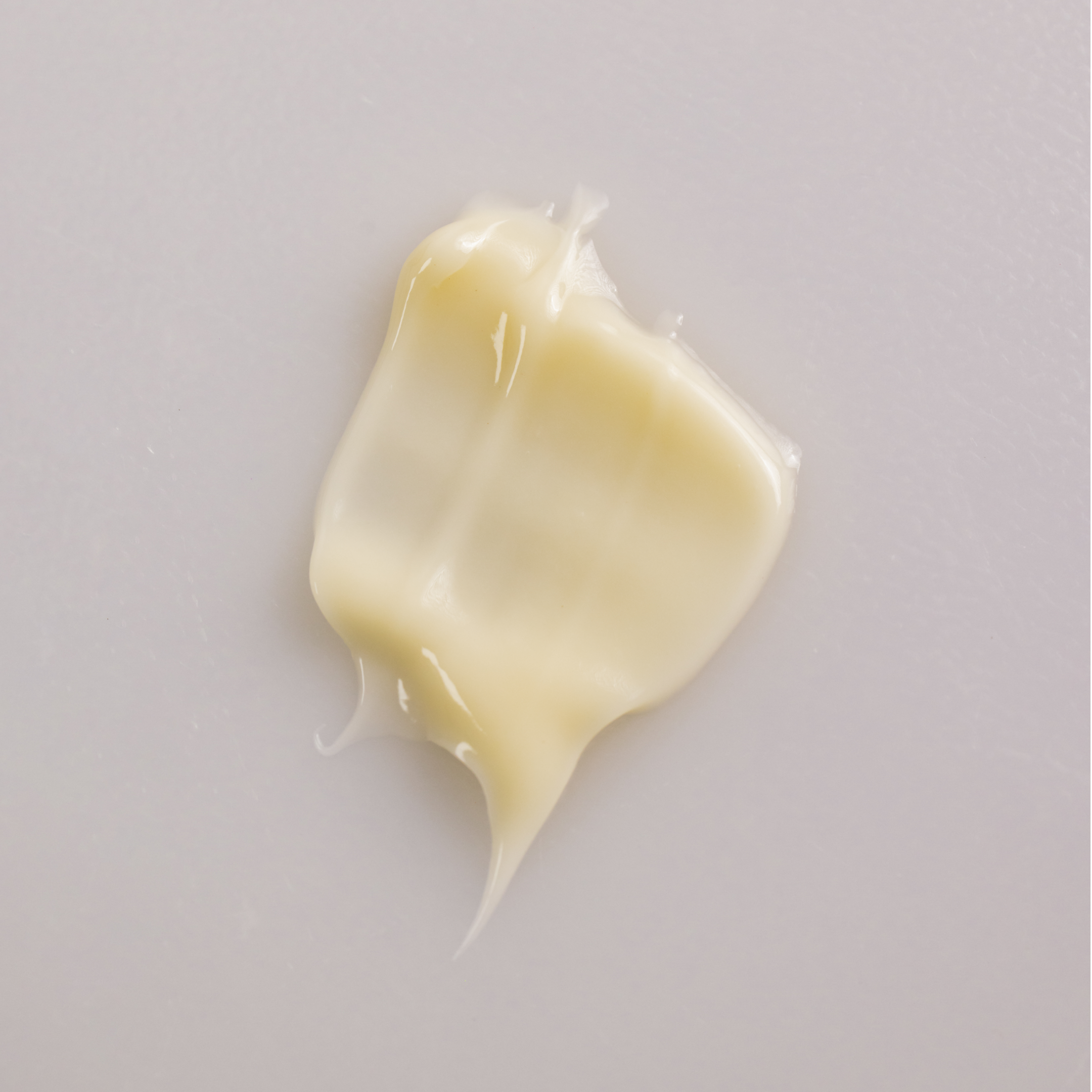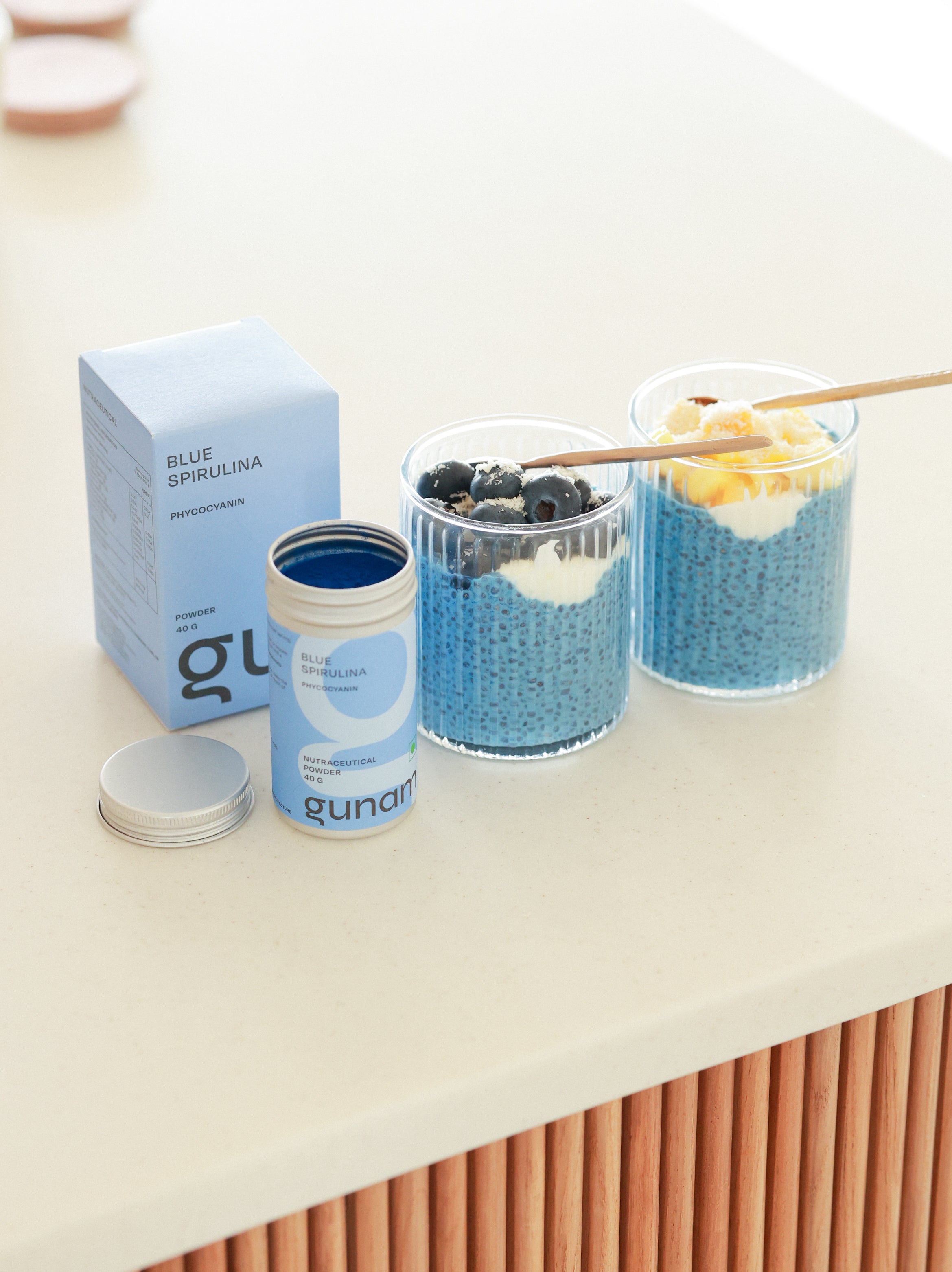
What should you do for your skin if you have eczema or psoriasis?
While both skin conditions are presumed interchangeable, we break down the key differences for you.
Gone are the days when skincare wasn’t a priority for one and all. Today, more and more people are turning into skincare enthusiasts; being aware of skin concerns and keeping up with skincare ingredients has become the new normal. However, let’s get real — the world of beauty is a complex one. It’s practically impossible for a layperson to catch up with all the wide knowledge that a dermatologist possesses and can impart as and when needed. In the process of familiarising oneself with as much as possible, it’s common to get confused while navigating through the skincare jargon. A common misconception? Eczema and psoriasis are the same thing. However, they’re not. Neither the conditions mirror one another, nor do the plan of treatments. Ahead, we lay out what these conditions entail individually.
Eczema versus psoriasis
Both eczema and psoriasis are skin conditions that can manifest in the form of itchiness, redness, irritation, increased sensitivity and major dryness in the skin, which is why they’re often misconstrued as one. However, Dr Amy Paller, Professor of Dermatology and Pediatrics at the Northwestern Feinberg School of Medicine told Eczema Organisation “that eczema is usually characterised by poorly demarcated red, dry areas with fine scale, while psoriasis appears as red, well-circumscribed lesions (called plaques) with heaped-up, white scaling.” Eczema can be triggered by a bunch of factors including dryness, reaction to harsh soaps or chemicals, skin allergy, heat, sensitivity, etc, while psoriasis is classified as an auto-immune disease. As a result, the former may be temporary/easy to treat while the latter involves permanent tendencies and a longer healing span.
Treating eczema
The biggest MVP to treat eczema is investing in a rich, emollient-loaded skincare regime. Deeply nourishing ingredients are the best solutions to reverse the dryness and any subsequent ill-effects associated with it, including eczema. However, if the eczema is accompanied by other parallel concerns such as an allergy or infection, identifying the root cause and treating it from the starting point becomes key. If the dryness and scaliness persist despite wearing heaps of moisturisers and facial/body oils, take that as a sign to visit a dermatologist.
As a starting point, include ingredients like vitamin E, shea butter, cocoa butter, hyaluronic acid, lanolin and glycerin in your beauty regime to reverse the dryness.
Our Balance Face Cream is a legitimate powerhouse of emollients; the buttery soft (yet lightweight) formula is whipped with ingredients like kokum butter, cocoa butter, squalane, glycerin, shea butter, hyaluronic acid, and urea. Applying the cream twice a day copiously on affected areas could aid in alleviating severe dryness. However, if you’re looking for double-duty nourishment, also consider adding the Multi-Correctional Face Oil to your routine. The non-comedogenic oil is as multi-use as it gets — you can use it as a spot/patch treatment, mix it up with the moisturiser or simply soak your skin in it, and you’ll begin to notice the differences within the first week of regular use.
Treating psoriasis
Psoriasis is complicated, and thus, its treatment can be much more complex than simply slathering a thick cream. To actually subside the active symptoms of psoriasis, it’s best to begin your journey with a dermatologist consultation. “Psoriasis treatments include steroid creams, light therapy, and immune system modulating medications such as biologics. Keratolytic products or products that break up the thick plaques of dead skin cells, such as retinoids, salicylic acid, and urea creams, are also sometimes used,” a New York City-based board-certified dermatologist Dr Robyn Gmyrek told Byrdie.
**Please note that there’s more to the eczema versus psoriasis debate than what meets the eye, so analyse the differences in juxtaposition with the symptoms you face and curate a treatment routine for yourself under a medical professional’s supervision accordingly.**

